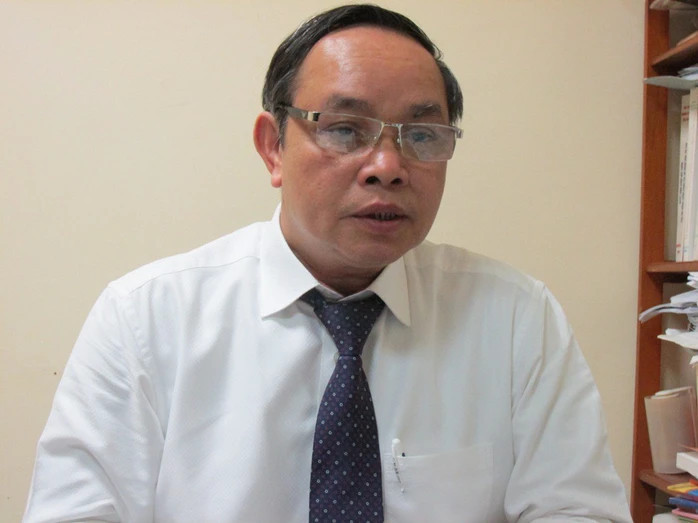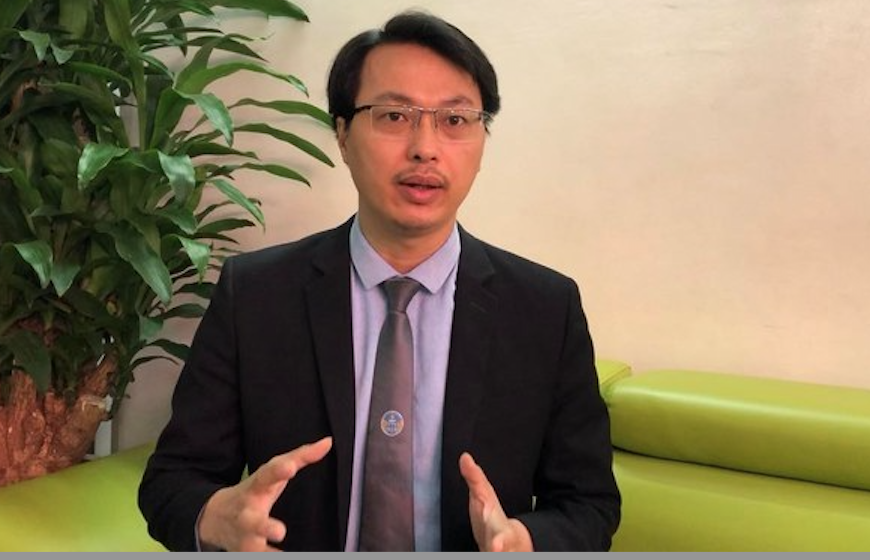According to Truong Viet Toan, former Deputy Chief Judge of the Criminal Court under the Hanoi People’s Court, the Ministry of Public Security’s proposal to abolish the death penalty for eight criminal offenses reflects a progressive step that aligns with Vietnam’s deepening international integration, especially in the judicial sector.

Truong Viet Toan. Photo: CTV
Currently, under the existing Penal Code, 18 offenses are subject to capital punishment. However, the Ministry of Public Security has pointed out that recent judicial practices show that the death penalty is either no longer necessary or rarely applied for some of these crimes.
In reality, courts have not handed down the death sentence for certain offenses such as “Acts aimed at overthrowing the people's administration,” “Sabotaging material-technical foundations of the Socialist Republic of Vietnam,” or “Producing and trading counterfeit medicine for treatment or prevention,” among others. In cases like “Embezzlement” and “Bribery,” the death penalty has been applied only sparingly.
The Ministry's draft amendment to the Penal Code proposes removing the death penalty for eight offenses, including “Embezzlement” and “Bribery.”
In an interview with VietNamNet, Truong Viet Toan, who previously presided over numerous major corruption trials, expressed support for this proposal. He emphasized that abolishing the death penalty for selected crimes, particularly white-collar offenses like embezzlement and bribery, reflects an appropriate shift.
Toan noted that many countries today reserve the death penalty for only the most heinous crimes, while Vietnam still maintains capital punishment for a broader range of offenses. This, he argued, is increasingly out of step with international norms.
He considers replacing the death penalty with life imprisonment without the possibility of parole a strong deterrent. According to him, abolishing capital punishment would not reduce the effectiveness of anti-corruption efforts. In most cases, defendants demonstrate a willingness to make restitution early in the investigative and prosecutorial process - not simply out of fear of the death penalty.
A global trend

Dr. Dang Van Cuong, lawyer and head of the Chinh Phap Law Office (Hanoi Bar Association), agrees that the gradual abolition of the death penalty is an inevitable trend.
He pointed out that while the past saw various harsh execution methods - such as hanging, decapitation, and firing squads - modern societies have increasingly removed these from their legal systems.
Today, 112 countries have officially abolished the death penalty. International treaties such as the International Covenant on Civil and Political Rights also encourage member states to reduce or eliminate the use of capital punishment.
Dang Van Cuong noted that in underdeveloped societies, where law enforcement awareness remains low and crimes such as drug trafficking, murder, terrorism, and national security violations are prevalent, the death penalty serves as a powerful deterrent and helps uphold the rule of law.
However, in the context of global integration and Vietnam’s commitments to human rights conventions, the abolition of the death penalty is a necessary progression.
“The proposal by the Ministry of Public Security to remove capital punishment for specific offenses is in line with both legal obligations and international commitments. It also reflects a more civilized, effective, and humane approach to crime prevention and public governance, reinforcing human and civil rights within the legal framework,” said Dang Van Cuong.
T. Nhung